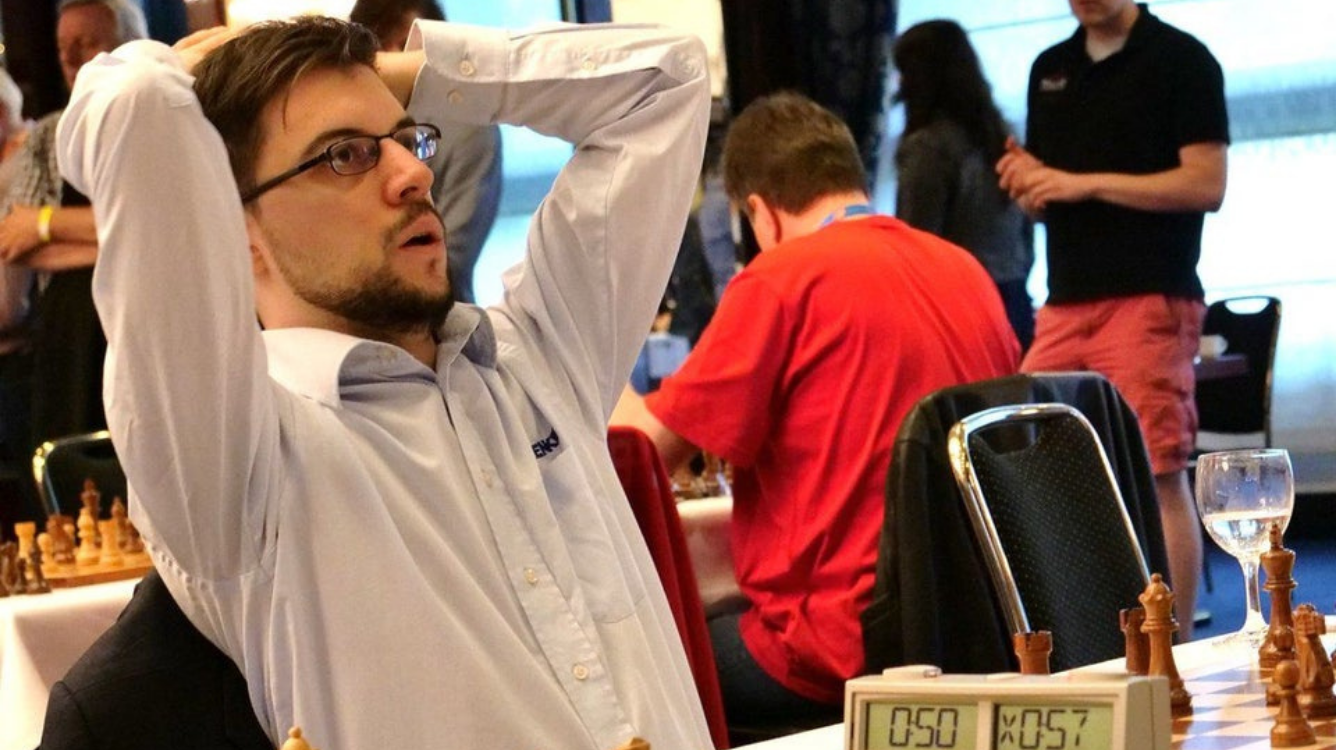It’s not always that we see a World Number 5 Grandmaster thinking for almost six minutes and get self-destructed into a mate in one. In the recent Meltwater Champions Tour Final, Aronian blundered into a mate in one against Polish #1 Jan-Krzysztof Duda.
If the lethal eyes of a grandmaster are not immune to such tactical oversights, how can we, the aspiring professionals, club players and beginners of the game, stay away from such mistakes?
This blog post highlights three psychological phenomenons to watch out for!
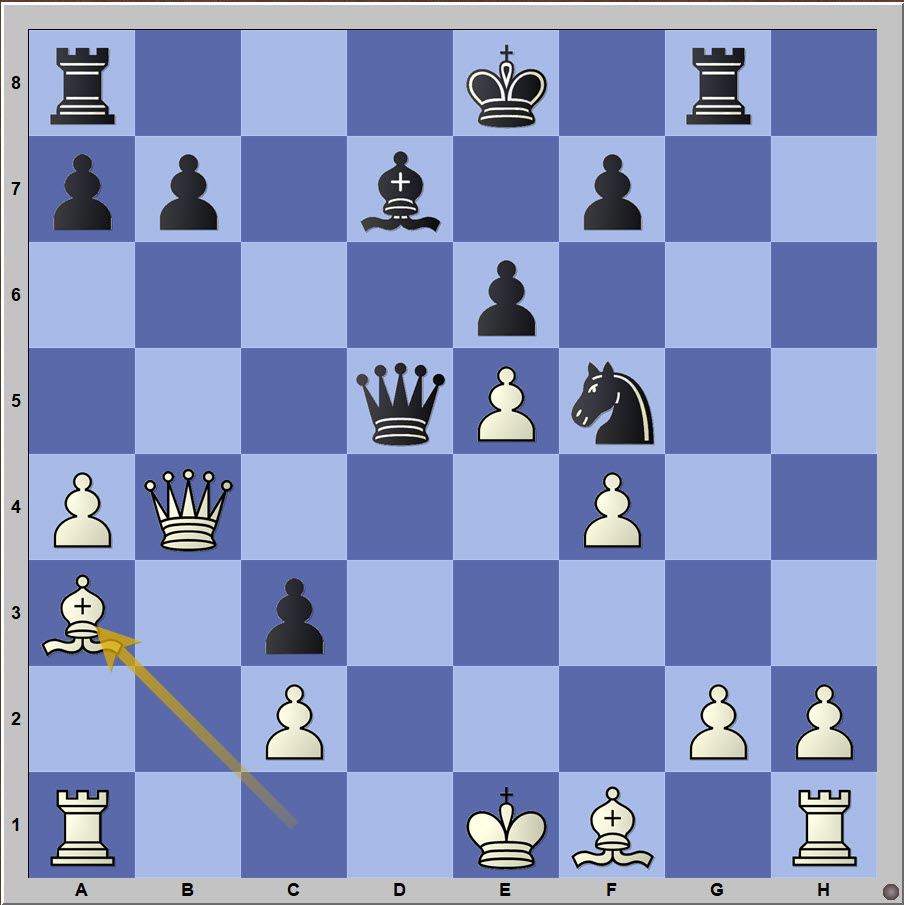
Aronian isn’t alone here. The scythe of the grim reaper hasn’t forgotten other elite players. Here’s a famous example.
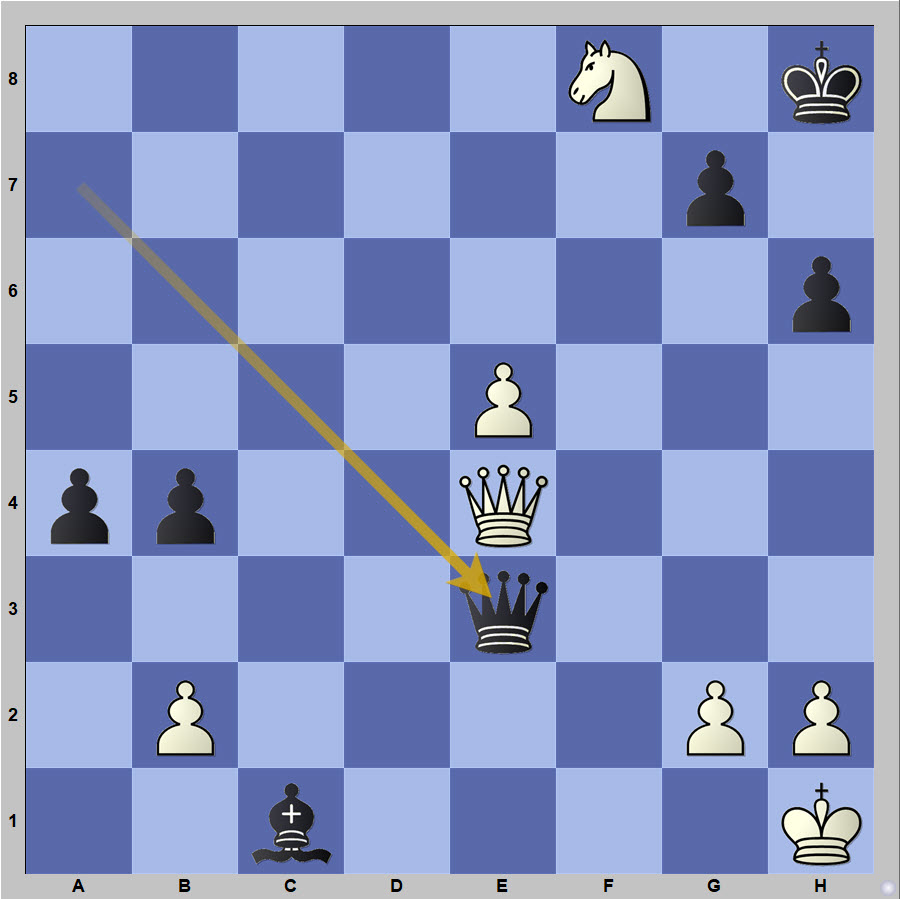
And another one…
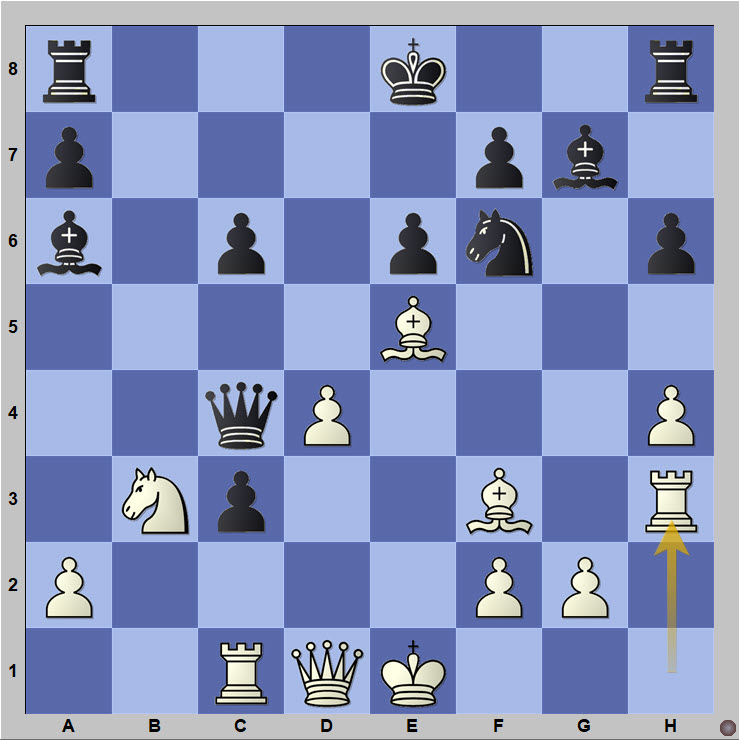
1. Decision Fatigue:
A grandmaster playing a typical tournament makes a variety of decisions each day. Right from what to eat for breakfast to the more complex move-by-move decisions at the chessboard. Decision fatigue refers to the deteriorating quality of decisions due to weariness after a long and continuous session of making decisions.

Famous personalities like Mark Zuckerberg, Steve Jobs, and Barack Obama are said to limit the number of decisions they make each day to escape Decision Fatigue. One famous example is Zuckerberg and his grey t-shirt.
“I really want to clear my life to make it so that I have to make as few decisions as possible”
– Mark Zuckerberg (When asked why he wears the same outfit everyday)
2. Inattentional blindness & Tunnel Vision
I like this famous test by Daniel Simons and Christopher Chabris.
All you have to do is count how many times the players in white pass the ball.
Ready? (Check the video below)
Did you get the answer right? Here are two scenarios (below) where Inattentional blindness & Tunnel Vision play a sneaky role in toppling strong players.
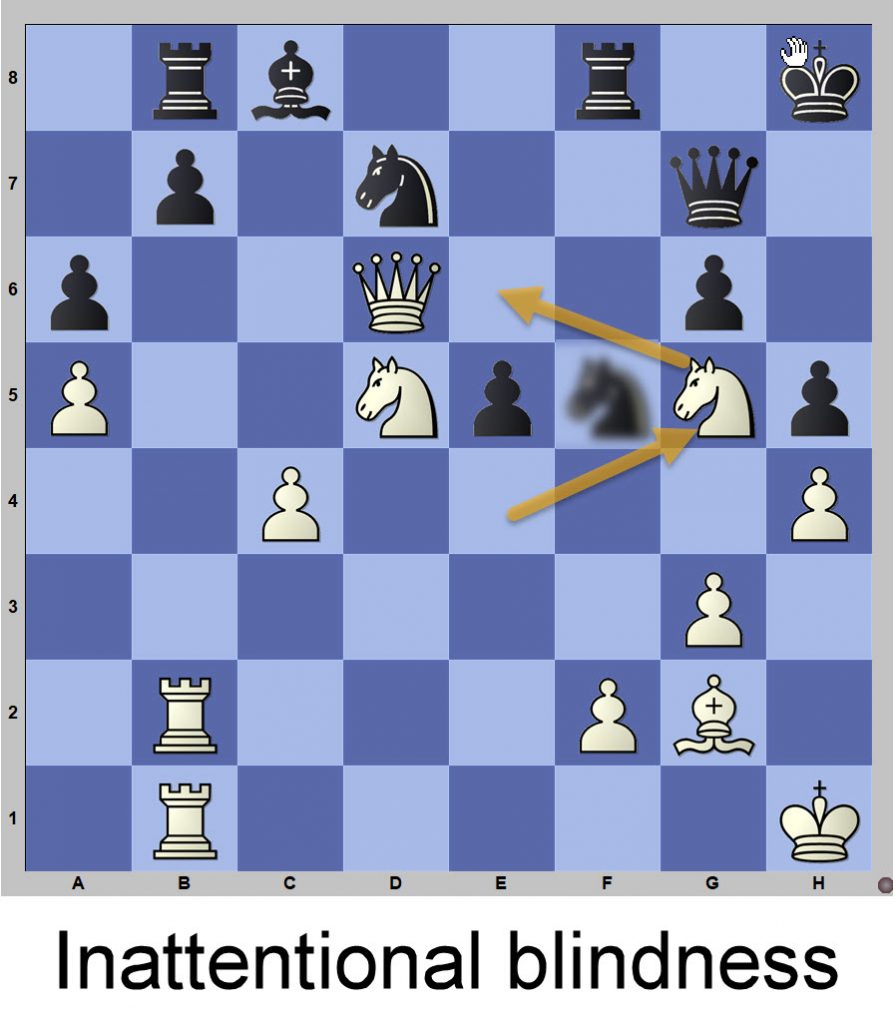
Failure to notice an unexpected object right in front of your eyes. Petrosian played Ng5 here and lost his queen (Against Bronstein).
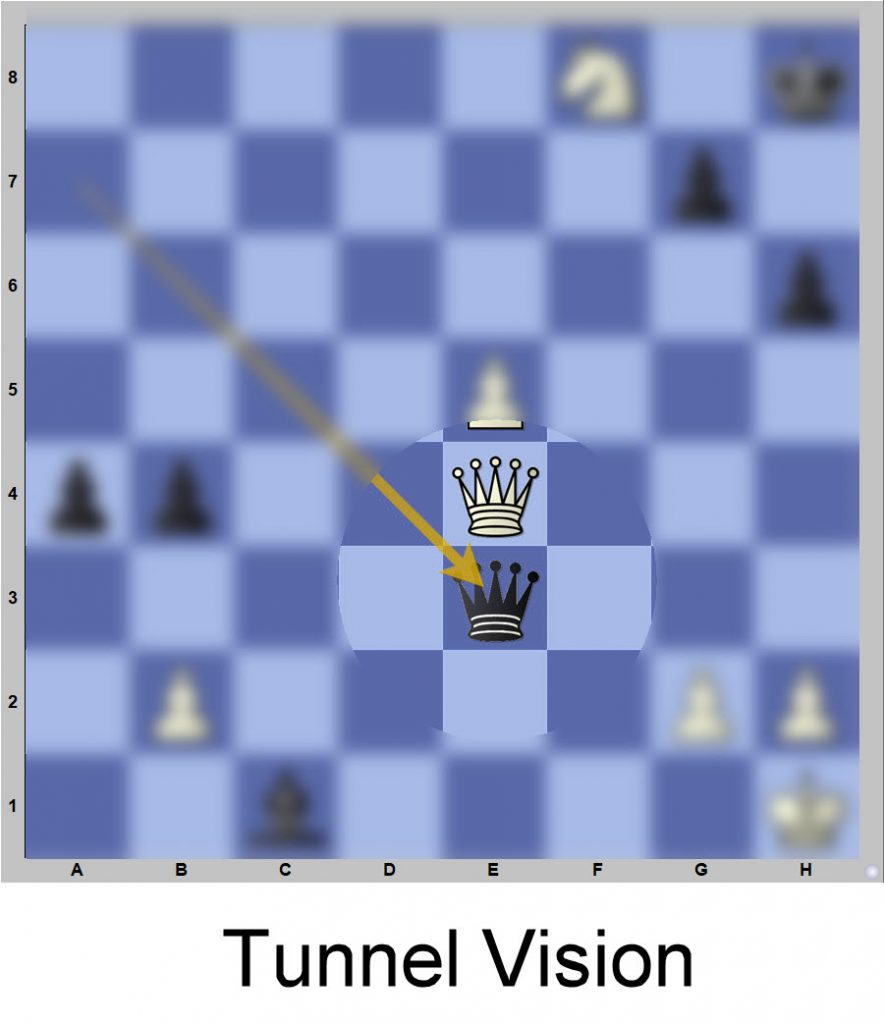
Constricted peripheral vision when you focus too much on something. Kramnik played Qe3 and fell into a mate in #1 elsewhere on the board.
3. The Einstellung effect:
Another unforgiving phenomenon that affects chess players, even grandmasters is The Einstellung Effect.
“Einstellung” is a German word meaning “setting”, meaning your mind is fixated on a known pattern. The Einstellung effect can also trick a doctor into misdiagnosing a disease by inducing cognitive bias towards a particular ‘known’ pattern.
Here is an example. White to play and checkmate the black king in both the positions below. The pattern is also highlighted. But one of them is designed to trick your mind.
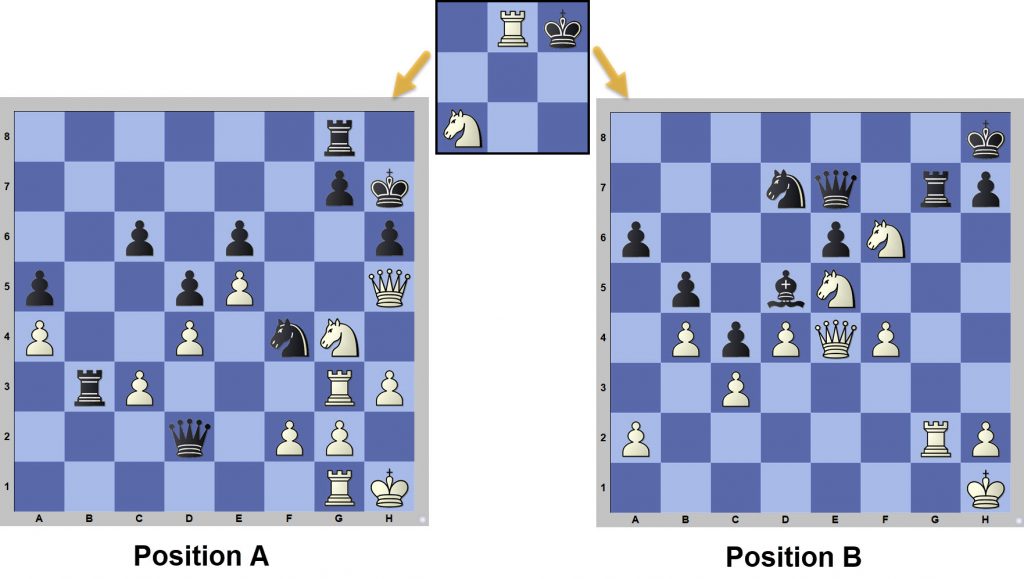
Einstellung Effect in a real game: Carlsen Vs Topalov, Linares, 2007.
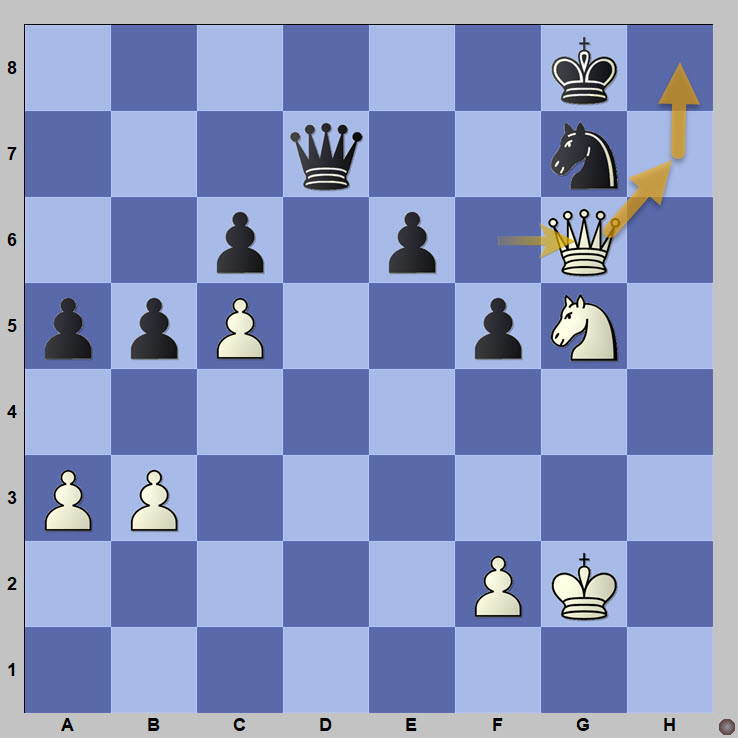
Topalov resigned here. An Einstellung Effect?
Black could have played Qd5+ but after f3 Qd2 Kh3, there are no more checks and hence he resigned here. White’s idea of sneaking into black’s position with Ng5 – Qh7 – Qh8 is a common trick except there’s usually a pawn on g7 instead of a knight.
What did Topalov miss here? Can you spot the hidden resource?
Many of the games have been hard fought, with at least one big surprise: the resignation of Veselin Topalov of Bulgaria, No. 1 in the world, to Carlsen in Round 5 in a position that could have been a draw. Topalov overlooked a simple resource that Carlsen was kind enough, or perhaps cruel enough, to point out immediately afterward. In the final position, Topalov should have played 64 … Qd5, when 65 f3 e5 66 Qh7 Kf8 67 Qh8 Qg8 68 Nh7 Kf7 69 Ng5 Kf8 is a draw because of perpetual check.
~ The New York Times
Awareness & Practice:
An awareness of our own state of mind (during the game) and alertness to possibilities of psychological errors is the first step to ensure that such tragedy does not befall us.
We hope you enjoyed reading this blog post. If you like it, don’t forget to share. You can also subscribe to our monthly newsletter for exclusive discounts on our ebooks and the latest feature updates.
- Review: Perpetual Chess Improvement - May 9, 2024
- Dark Mode is now live on Web Reader - April 30, 2024
- Book Review: Tal Botvinnik 1960 - April 24, 2024
